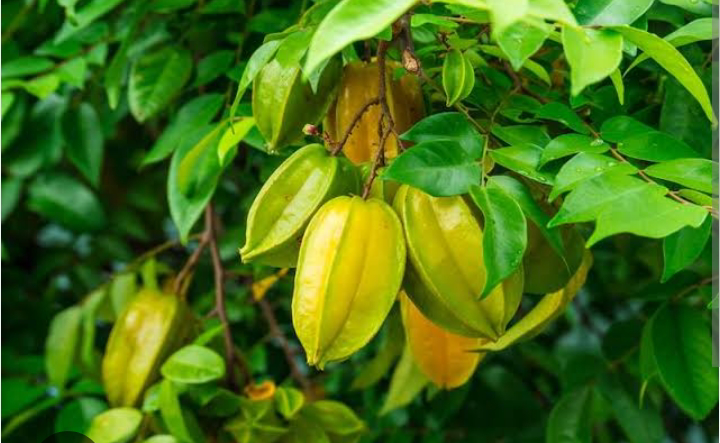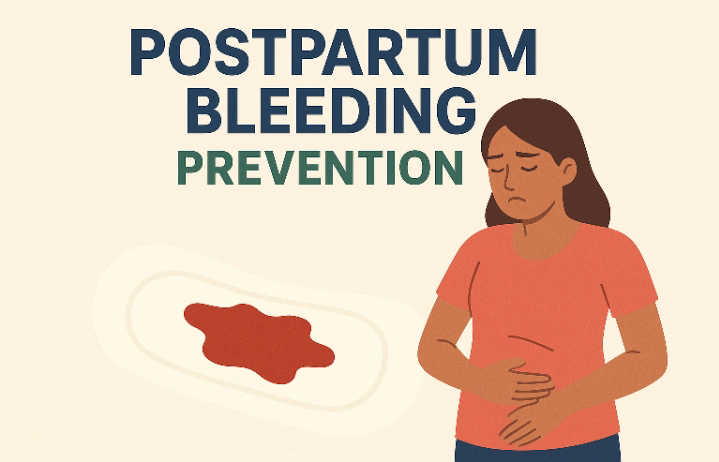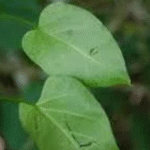
Star Fruit Medicinal Benefits
Star Fruit Medicinal Benefits Averrho carambola: Star Fruit Medicinal Benefits of Leaf, Fruit, Bark, and Root Introduction Many people enjoy


CombiHs Herbal Prevention and Care for Postpartum Bleeding: Three Tropical Herbs Backed by Science
Introduction
After childbirth, a woman’s body undergoes a natural cleansing process called postpartum bleeding or lochia.
It removes the remaining blood and tissue from the uterus and helps it shrink back to its pre-pregnancy size.
However, when the bleeding becomes excessive or prolonged, it can lead to serious health risks such as anemia, infection, or postpartum shock.
At CombiHs, our goal is to combine traditional wisdom with modern herbal science — creating tropical herbal solutions that help women recover naturally and safely.
In this guide, we explore three tropical herbs scientifically recognized for supporting uterine health before and after childbirth without harmful side effects.
—
Postpartum bleeding is a natural vaginal discharge of blood, mucus, and uterine tissue after birth.
It usually lasts two to six weeks, gradually changing from bright red to brownish, then yellow-white.
Excessive postpartum bleeding — known medically as postpartum hemorrhage (PPH) — occurs when blood loss exceeds 500 ml after vaginal delivery or 1000 ml after cesarean birth.
It remains one of the top causes of maternal deaths in Africa, yet it is largely preventable through proper uterine care and nutrition.
—
The following are Causes of Excessive Bleeding
Weak uterine contraction (uterine atony)
Retained placenta or membrane pieces
Vaginal or cervical tears
Blood clotting disorders
Infection or prolonged labor
Warning Signs
Heavy bright red bleeding that doesn’t slow down
Passing large clots
Dizziness or fainting spells
Rapid heartbeat or fatigue
Bleeding lasting beyond six weeks
Recognizing these signs early and combining medical attention with safe herbal recovery can save a mother’s life.
—
After reviewing African and global herbal research, three tropical herbs stand out as gentle, nutrient-rich, and scientifically studied for supporting the uterus, balancing hormones, and preventing excessive postpartum bleeding.
—
1. Moringa oleifera (Drumstick Tree / Zogale / Ewe Igbale)
Nutrient Profile:
Rich in iron, calcium, vitamins A, B, C, E, amino acids, and plant antioxidants.
Scientific Evidence:
Studies published in the Journal of Natural Medicine and Health Sciences (2024) found that postpartum women who used Moringa leaf powder regained iron and hemoglobin faster than those on synthetic supplements.
Moringa also improved milk flow and reduced fatigue.
Role in Postpartum Care:
Replenishes lost blood naturally
Enhances uterine recovery and energy
Safe for both pregnancy (in food amounts) and breastfeeding mothers
Usage:
1–2 teaspoons of dried Moringa leaf powder daily in warm water, soup, or pap
Continue through pregnancy (as dietary herb) and postpartum recovery
Safety:
Moringa leaves are non-uterotonic (do not trigger contractions) and have no negative effects on fetus or breast milk when consumed moderately.
—
2. Telfairia occidentalis (Fluted Pumpkin / Ugu Leaf)
Nutrient Profile:
Contains iron, folate, potassium, zinc, and protein, which aid blood formation and hormone balance.
Scientific Support:
A 2023 Nigerian nutrition study showed that women who consumed Ugu leaf juice postpartum had significant improvement in blood parameters and faster recovery. Its antioxidant compounds help the uterus heal and strengthen after delivery.
Role in Postpartum Care:
Boosts red blood cell regeneration
Supports uterine tissue repair
Prevents anemia-related fatigue
Enhances breast milk quality
Usage:
Use 1–2 handfuls of fresh leaves boiled lightly in soup, or blend into juice with small honey
Safe during pregnancy as food and after delivery as tonic
Safety:
No known adverse uterine effects. It is gentle, food-grade, and completely safe both before and after childbirth.
—
3. Gongronema latifolium (Utazi / Arokeke)
Nutrient Profile:
Rich in flavonoids, saponins, iron, and vitamin C. Known for its mild bitterness and cleansing ability.
Scientific Evidence:
Laboratory studies (University of Lagos, 2021) confirm that Gongronema has anti-inflammatory, antioxidant, and mild hormonal balancing properties, improving blood circulation and reducing uterine inflammation after childbirth.
Role in Postpartum Care:
Helps contract the uterus mildly without overstimulation
Purifies postpartum blood naturally
Reduces abdominal pain and gas
Strengthens immune recovery
Usage:
1–2 leaves chewed fresh or boiled as light tea once daily
Combine with Moringa or Ugu for synergistic recovery
Safety:
Unlike strong uterotonic herbs, Gongronema is mild. Safe in small dietary quantities both before and after childbirth, with no harmful effects on fetus or breast milk.
—
At CombiHs, these three herbs — Moringa oleifera, Telfairia occidentalis, and Gongronema latifolium — are combined in a synergistic Women’s Recovery Blend designed to:
Rebuild blood and strength after childbirth
Support uterine tone and gentle contraction
Prevent anemia and fatigue
Boost lactation naturally
Each herb contributes a unique nutrient profile that helps restore hormonal balance and reduces the risk of complications linked to postpartum bleeding.
—
When postpartum bleeding becomes excessive and is not corrected quickly, it can lead to several disorders:
Condition Cause CombiHs Herbal Support
Postpartum Anemia Iron loss, low hemoglobin Moringa + Ugu leaves restore iron and RBC production
Infection / Sepsis Retained blood or tissue Gongronema’s antioxidants and natural antimicrobial compounds help cleanse the system
Hormonal Imbalance Prolonged uterine stress Moringa and Ugu support endocrine recovery
Weak Uterus / Pain Muscle strain Gongronema’s mild tonic action soothes contractions naturally
Scientific evidence supports these herbs as gentle allies in maternal care, complementing medical treatment while minimizing the need for synthetic tonics.
—
Always seek medical attention immediately if bleeding is heavy or accompanied by dizziness.
Use herbs as nutritional support, not as emergency treatment.
Ensure herbs are properly cleaned and dried before use.
Avoid unverified herbal mixtures claiming instant bleeding control — many contain unlisted uterotonic plants that may harm the uterus or fetus.
For breastfeeding mothers, maintain hydration and balanced diet to enhance herbal benefits.
—
Postpartum bleeding is part of nature’s design for cleansing the womb — yet when excessive, it endangers life.
The key to safe recovery lies in strengthening the uterus, nourishing the blood, and preventing infection.
Tropical herbs like Moringa oleifera, Telfairia occidentalis, and Gongronema latifolium have proven to be scientifically safe, nutrient-rich, and supportive both before and after childbirth.
With the CombiHs Women’s Recovery Blend, mothers can enjoy herbal synergy that heals gently and strengthens deeply — promoting safe recovery, balanced hormones, and renewed vitality.
—
Empower your healing journey naturally.
Visit tropicalherbsng.com to explore educational resources, and join our community of mothers who trust herbal science for postpartum wellness.
Thus postpartum bleeding prevention naturally.
World Health Organization (WHO) – maternal health data and global postpartum care
CombiHs Women Recovery Blend Promote your herbal product supporting uterine healing
Fasting Therapy for Healing

Star Fruit Medicinal Benefits Averrho carambola: Star Fruit Medicinal Benefits of Leaf, Fruit, Bark, and Root Introduction Many people enjoy

Activated Chaicoal Remove unwantedness.
Not just a Chaicoal. But activated to remove unwantedness in the system.
We deliver core herbal procedure cures for our users for better and more efficient health value.